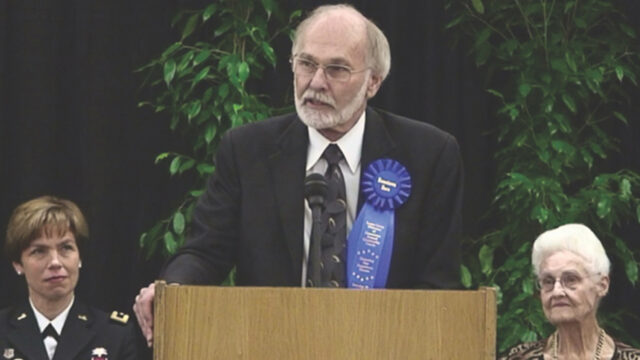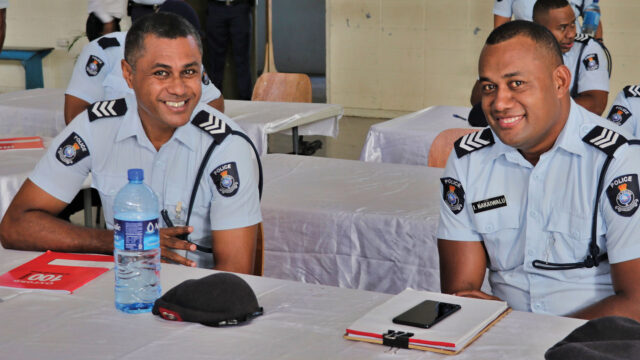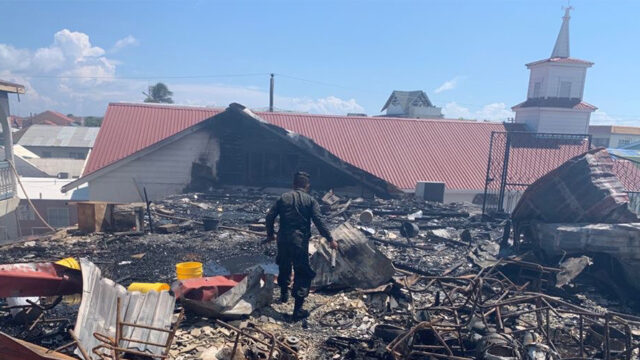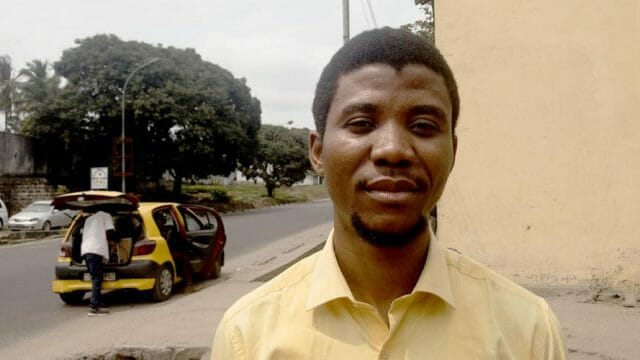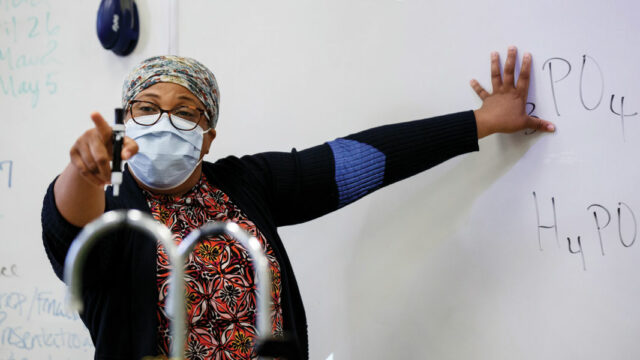Health improvement program creates community buzz in Fiji.
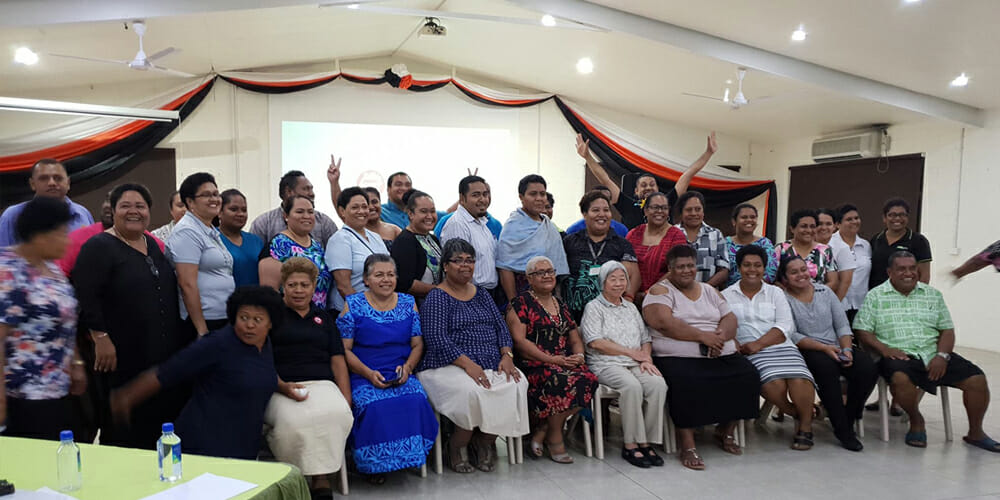
The Complete Health Improvement Program (CHIP), an initiative of the Seventh-day Adventist Church in the South Pacific region, is creating quite a buzz in Fiji, with a record number of graduates from the community across the country.
In late September 2018, 46 participants in Suva completed the month-long CHIP course and were awarded a certificate of completion and recognition for their hard work. More than 20 of these participants were members from the Butt Street Methodist Church — a congregation in one of the leading denominations in the country. The remaining participants were employees of the Bank South Pacific (BSP) Life Bank, who took a keen interest in CHIP after realizing most of their high insurance claims were made by people under 50 years of age.
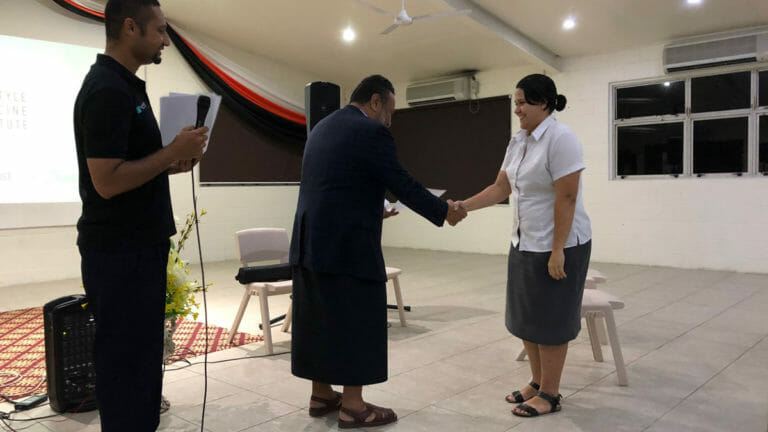
The graduation program was held at the Fiji Mission’s conference center. Each participant came with a vegan dish, showcasing what they’d learned and implemented during their 30-day training. A final blood test, compared with one taken at the start of the program, revealed huge improvements for the vital signs of all participants, with a drop in blood pressure, pulse, and body weight. For those diagnosed with or on the verge of diabetes, all glucose levels were within a healthy range.
“There were happy reactions all around as each member viewed their health testing report,” Namakadre said. “CHIP was a true witness to the power of lifestyle medicine and what it can do if the members continue down the path of healthy living.”
Elsewhere in Fiji, in the city of Lautoka, a group of 12 people also graduated from the CHIP course. The ceremony was held at the Ministry of Health headquarters and facilitated by George Kwong — a church member whose life-changing experience with CHIP prompted him to volunteer his time and money to help ease lifestyle-related diseases in the country through the introduction of lifestyle medicine. Kwong currently runs all the CHIP sessions in western Viti Levu, in addition to other health initiatives at his local church.
Trans-Pacific Union Mission (TPUM) president Maveni Kaufononga congratulated the participants for choosing CHIP, saying the TPUM office had started their CHIP journey together as a team on October 1.
“It’s great to see more and more people are taking their health seriously,” he said. “Our health is our wealth, and we must be good stewards of it.”
The health department of the Fiji Mission will now continue to support Club CHIP — a monthly program in which past participants come together and share their continuing journey.
About CHIP
The Complete Health Improvement Program (CHIP) — formerly titled Coronary Health Improvement Project — is an affordable lifestyle-enrichment program designed to reduce disease risk factors through the adoption of better health habits and appropriate lifestyle modifications. The goal is to lower blood cholesterol, hypertension, and blood sugar levels and reduce excess weight. This is done by improving dietary choices, enhancing daily exercise, increasing support systems, and decreasing stress, which aids in preventing and reversing disease.
The educational program is presented in several different formats, including CHIP in Corporations (eighteen 25-minute video lectures, 25-minute class discussions), Medical CHIP (customized program for specific disease groups), and CHIP in the Community (eighteen 45-minute video lectures, 45-minute class discussions).
Health screen results are provided to each participant early in the program, and participants are encouraged to share their results with their personal physician and work closely with them regarding their need for medication as they modify their lifestyle. Immediately following the program, the health screen is conducted again and a detailed report prepared for each participant, which compares their risk factor levels before and after going through the program.


